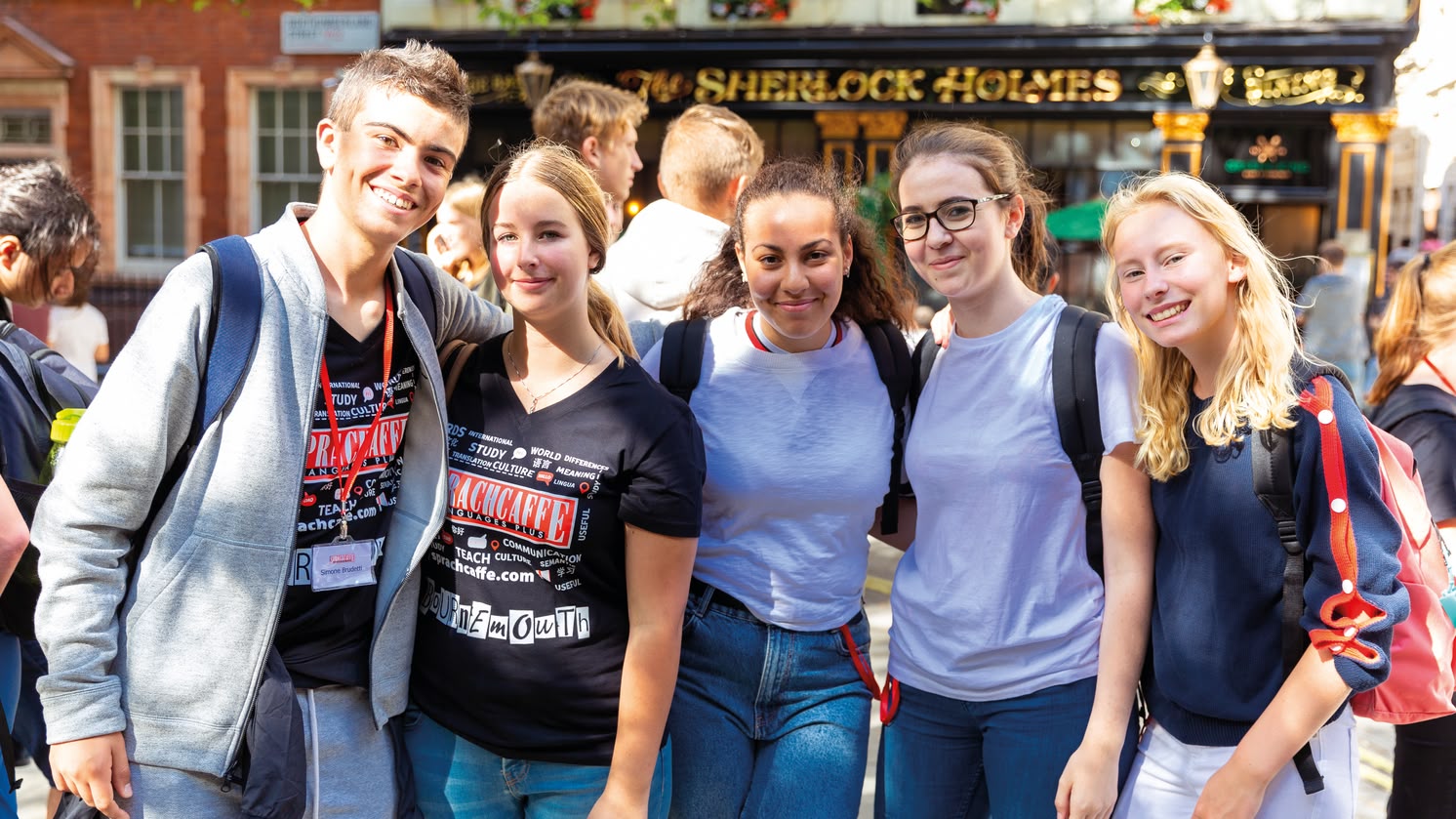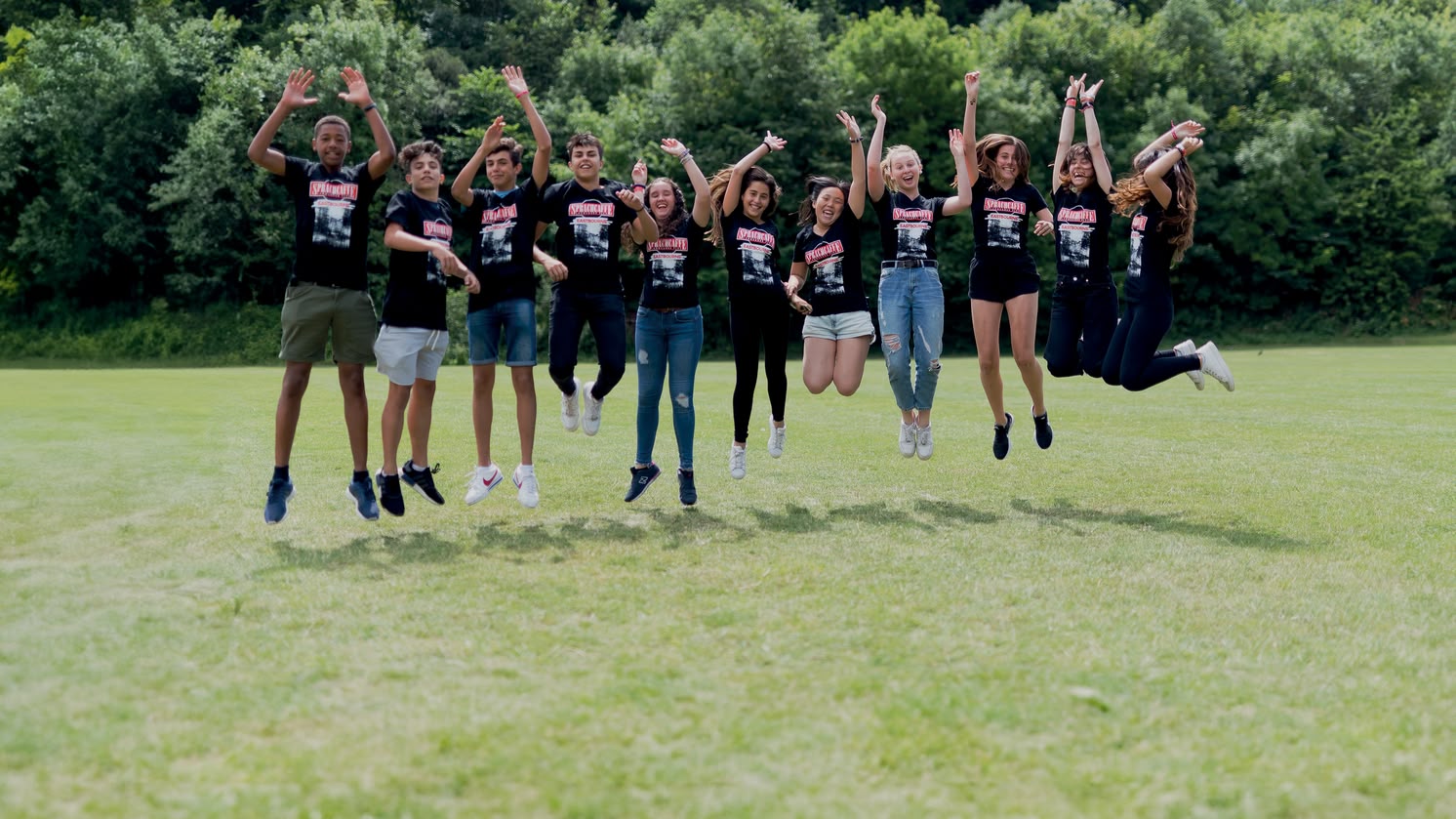Understanding Future Perfect: Formation, usage and example sentences
Learn everything about the Future Perfect Tense ! How is it formed, what signal words are there and what events does it describe? We explain everything you need to know about the Future Perfect Tense with example sentences and exercises.
Deepen your English grammar knowledge and your understanding of the Future Perfect Tense together with us. Soon you will be using the Future Perfect Tense in your own texts and conversations.
The formation of the Future Perfect Tense
Basically, the Future Perfect Tense is formed by using the auxiliary verb will or, in some cases, shall in Future Simple tense and combining it with the Partzip Perfect of the main verb. For a better understanding, have a look at the following rule for forming the Future Perfect:
Subject + wil/shall + have + Participle Perfect of the main verb.
To form the Future Perfect tense negatively, you simply have to put the word "not" between the auxiliary verb and the participle perfect of the main clause. Here is an example of the negative use of the future perfect tense : "I will not have finished my homework by tomorrow. Have a look at the table below for more example sentences in the future perfect tense.
| They will have been married for 20 years next month. |
| She will have eaten breakfast by the time we arrive. |
| They will have finished building the new hospital by next year.. |
| We will have traveled to every continent by the time we retire. |
| She will have earned her PhD by the time she turns 30. |
The use of the Future Perfect tense
The future perfect tense is used to talk about events that will already be completed at a certain time in the future. So with the future perfect tense, you emphasise the completeness of the action and put special focus on the fact that the action or state you are referring to is already completed before a later state in the future.
You also need to form the Future Perfect tense to express assumptions or predictions about the past that are made on the basis of events in the present. This special form of the future perfect tense is also called the Future perfect progressive tense.
At first glance, this sounds rather complicated. It will certainly become clearer if you take a closer look at the example sentences below and also form a sentence or two of your own in the future perfect tense.
| Example sentences |
|---|
| By next summer, I will have graduated from University. |
| By the time you arrive, we will have already finished dinner. |
| He will have completed his project by the time the deadline arrives. |
| By the time I arrive at the party, everyone will have already left. |
| We will have known each other for a decade next year. |
| He will have retired from his job by the time he turns 60. |
| By the time you wake up tomorrow, I will have already left for work (action) will be completed by the time in the future (waking up next morning). |
Signal words for the Future Perfect tense
There are also a few signal words for the future perfect tense that indicate that you have to use the future perfect tense. Take a look at the following list of signal words for the future perfect tense to help you recognise when you need to use it.
| Signalwords | |
|---|---|
| By | I will have finished my project by tomorrow. |
| Before | He will have finished his homework before he goes to bed. |
| Until | She will have been living in this city until she moves to Europe. |
Discover all options to learn English abroad













